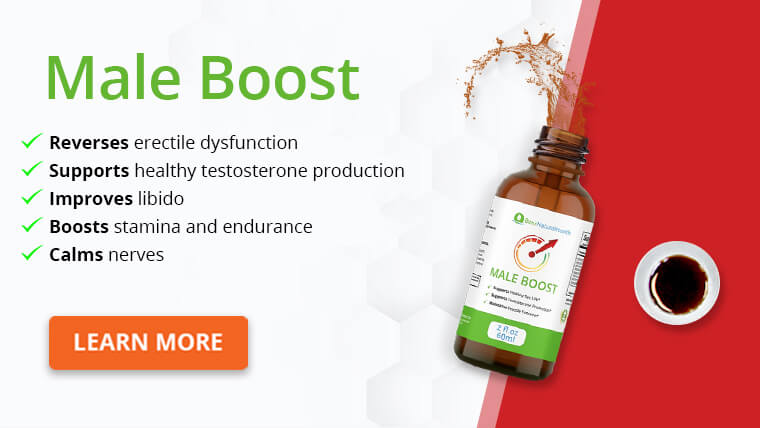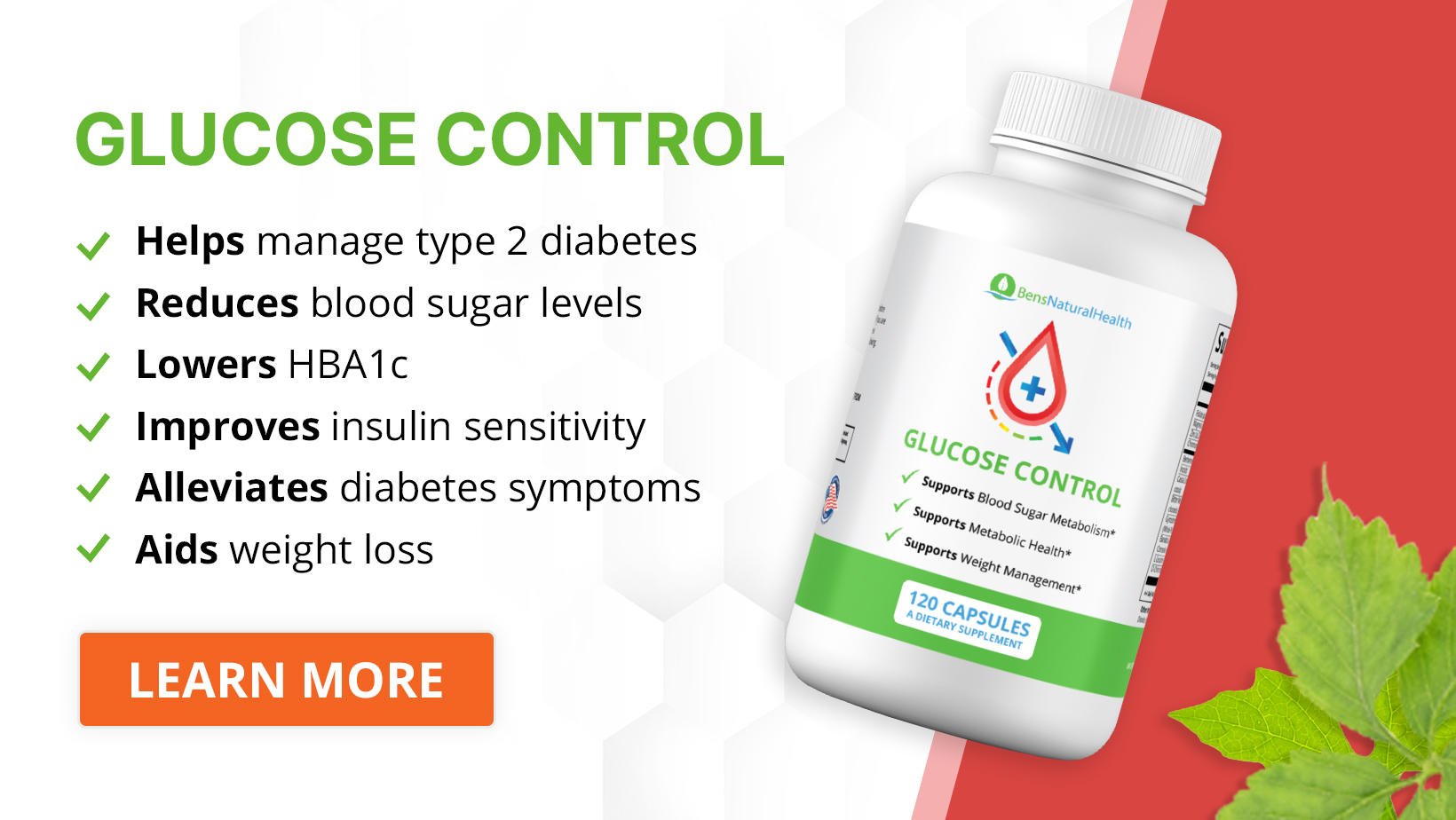- Q: What is beta-sitosterol?
- Q: What does beta-sitosterol do for men?
- Q: Can beta-sitosterol help erectile dysfunction?
- Q: How does beta-sitosterol help erectile dysfunction?
- Key FAQs on Beta-sitosterol Erectile Dysfunction
- Conclusion
- Our Medical Review Process
- Our Editorial Guidelines
- Medical Disclaimer
- Source
Problems with erectile function can feel isolating, but the reality is that most men will experience erectile dysfunction (ED) at some point in their lives. The good news is that natural compounds like beta-sitosterol may help improve erectile health.
To understand how beta-sitosterol works and what the latest research says, we spoke with Dr. Salman, a medical expert in men’s health. Dr. Salman provided research-backed insights, studies, and his clinical perspective on how this plant compound may aid in managing ED. All content has been medically reviewed to ensure accuracy and completeness.
Q: What is beta-sitosterol?
Dr. Salman answers: Beta-sitosterol is one of the plant sterols, i.e., phytosterols. Phytosterol is a compound similar to cholesterol. There are over 250 phytosterols, and they’re known for improving cardiovascular health.
Beta-sitosterol appears as a white, waxy powder with a specific odor. Food sources of beta-sitosterol include wheat germ, rice bran, peanuts, corn oils, and soybeans. Various plants and herbs contain beta-sitosterol. Good examples are rye grass pollen, saw palmetto, stinging nettle, and pygeum.
Although modest amounts of beta-sitosterol are consumed through diet, therapeutic levels are achieved with supplementation. Therapeutic uses are commonly obtained with over-the-counter supplements in treating benign prostatic hyperplasia (BPH), hyperlipidemia, and metabolic syndrome, as more studies explore its potential for use in immune modulation and hormonal control.

Q: What does beta-sitosterol do for men?
Dr. Salman answers: Men can benefit from beta-sitosterol in several ways. For instance, this compound can support the management of benign prostatic hyperplasia (BPH) or enlarged prostate.
One review showed that supplementation with beta-sitosterol successfully improved urinary symptoms and flow measures in men with BPH. The effects were without complications, meaning beta-sitosterol is well-tolerated.
Beta-sitosterol can also decrease swelling in the prostate gland and other tissues. In one study, beta-sitosterol suppressed prostate cell proliferation. This means the compound could have a role in managing (delaying progression) or preventing prostate cancer.
Additionally, beta-sitosterol may also improve male sexual health by indirectly supporting testosterone levels. Specifically, by inhibiting the action of the enzyme 5-alpha-reductase, which converts testosterone into the more potent androgen dihydrotestosterone (DHT)—the androgen responsible for both BPH and male pattern baldness. This action is similar to that of the common pharmaceuticals for BPH and hair loss (finasteride). In this respect, beta-sitosterol may have the same action as finasteride, but presumably with a more benign side effect profile based on available data.
In conclusion, beta-sitosterol may maintain men’s health by reducing symptoms of urinary problems related to BPH, assisting in maintaining hormonal balance, reducing inflammation, and maintaining cardiovascular health.
Q: Can beta-sitosterol help erectile dysfunction?
Dr. Salman answers: Yes, beta-sitosterol can help men with erectile dysfunction, but this subject requires extensive research. While studies focusing specifically on beta-sitosterol in the management of erectile dysfunction are lacking, those revolving around plants that contain this compound show promising results.
A good example is saw palmetto. One study showed that saw palmetto can enhance erectile response. Also, there is an animal study that showed that beta-sitosterol could increase penile erection and ejaculation latency in subjects.
While more studies are necessary, available evidence confirms these effects, particularly when you bear in mind that compounds that contain beta-sitosterol are used in many supplements for male sexual health and function.

Q: How does beta-sitosterol help erectile dysfunction?
Dr. Salman answers: New data reveal that Beta-sitosterol may help men’s sexual health. Here is how beta-sitosterol may help men with ED regarding those who have metabolic, inflammatory, or prostate-related problems.
1. Hormonal Regulation through 5-alpha-reductase inhibition
Beta-sitosterol may reduce the activity of the enzyme called 5-alpha-reductase responsible for converting testosterone into dihydrotestosterone (DHT). High levels of DHT are linked to androgenic alopecia and benign prostatic hyperplasia (BPH). Beta-sitosterol may help keep testosterone levels stable (which is important for libido and getting an erection) by lowering this conversion and keeping the amount of DHT low.
2. Anti-Inflammatory Properties
Inflammation has a role in erectile dysfunction (ED), especially in people dealing with chronic stress, excess weight, or conditions like diabetes or high blood pressure.
When there is an inflammation, the body releases chemical messengers (called cytokines) that mess with the blood flow and hormone levels. These two factors are important to keep a healthy erection. Over time, that inflammation damages the lining of your blood vessels, making it harder for them to relax and deliver the blood needed for an erection.
One study showed that Beta-sitosterol may reduce key inflammatory markers like TNF-α and IL-6, the biggest culprits for blocking normal blood vessels and testosterone function.
One recent study showed that beta-sitosterol lowered these inflammatory signals in human skin cells, promising early evidence that it could calm inflammation in other tissues too, including the prostate and blood vessels that affect sexual health.
3. Antioxidant Properties As Blood Vessel Protector
Getting and maintaining an erection relies mainly on having a good blood flow. One major factor behind impaired blood flow is oxidative stress, an imbalance between harmful free radicals and the body’s ability to counteract their effects. Beta-sitosterol shows that it has antioxidant properties that help neutralize these free radicals which will protect the delicate lining of blood vessels, ensuring they remain flexible and capable of proper dilation.
Direct studies on the effect of beta-sitosterol on human erectile function are limited, but there are multiple studies suggesting its role in enhancing vascular health which is pivotal for sexual health.
4. Pro-Erectile Effects from Preclinical Studies
In rat studies, beta-sitosterol does provide pro-erotic activity and productivity to sexually naïve male rats. These include a stronger contralateral erectile response, an increase in latency to ejaculation, and both are suggestive of better erectile potential. With further clinical evidence in the human population, this is a promising direction to explore.
5. Prostate Symptom Reduction (BPH) and Indirect Evidence of ED
As many already know, beta-sitosterol is a reliable and well-studied agent known to relieve urinary symptoms caused by benign prostatic hyperplasia (BPH)—the common cause of erectile dysfunction in older men. With increased urinary flow, increased voiding, and a reduction in nocturia, it is possible beta-sitosterol will medically enhance the areas of sexual confidence and function.

What are the other health benefits of beta-sitosterol?
Dr. Salman answers:
1) Stronger immunity
Beta-sitosterol enhances the effects of vitamin D on immune function. This is particularly helpful for people with vitamin D deficiency or autoimmune conditions. For best results, combine supplementation with healthy habits like regular sleep, exercise, and a balanced diet.
2) Lowering LDL cholesterol
Dr. Salman answers: High LDL or bad cholesterol can lead to atherosclerosis, high blood pressure, and an increased risk of cardiovascular diseases and events.
Beta-sitosterol can effectively lower LDL cholesterol levels without negatively affecting HDL or good cholesterol. It works by limiting the amount of cholesterol able to enter your body.
Beta-sitosterol can also protect you from heart disease through reduced LDL cholesterol levels. Keep in mind you shouldn’t rely on beta-sitosterol alone to do all the work. Normal cholesterol levels and optimal cardiovascular health require a healthy lifestyle too.
3) Improved insulin sensitivity
Dr. Salman answers: The term insulin sensitivity refers to how sensitive the cells in the body are in response to insulin. Healthy insulin sensitivity enables cells to utilize blood glucose more effectively, thus decreasing blood sugar levels.
Some people have weak insulin sensitivity, i.e., they get into a state of insulin resistance which leads to type 2 diabetes. Evidence shows that supplementation with beta-sitosterol can reduce insulin resistance and improve insulin sensitivity. For that reason, beta-sitosterol could contribute to the management of diabetes mellitus.
A proactive approach to the management of diabetes is crucial for the prevention of complications. After all, erectile dysfunction is common in men with type 2 diabetes. This metabolic condition can lead to ED by damaging nerves and blood vessels.
Proper blood sugar management can prevent that damage and thereby reduce the risk of ED in men with diabetes.
4) Hair loss prevention
Dr. Salman answers: Male pattern baldness is a common problem for men around the globe. It is related to genes and hormone levels. You’re more likely to deal with hair loss if testosterone levels are low. Although losing hair isn’t dangerous, most men feel insecure about it.
Beta-sitosterol could help you out. This compound can prevent hair loss by inhibiting androgen DHT production. Androgen DHT is also responsible for male pattern baldness. As beta-sitosterol inhibits its production, it can prevent or delay hair loss. As a result, you are bound to feel more confident.

How long does it take beta-sitosterol to work?
Dr. Salman answers: The time it takes for beta-sitosterol to show noticeable effects, varies depending on the condition being treated, the individual, and usage pattern. Unlike rapid-acting pharmaceuticals like sildenafil (Viagra), beta-sitosterol will take longer to notice effects because it works over time, treating the root causes such as hormonal imbalance, inflammation, and prostate enlargement.
For Benign Prostatic Hyperplasia (BPH):
Clinical experience suggests that men can realize enhanced urine flow and a reduction in symptoms within 4 to 6 weeks of daily supplementation, with maximum benefit typically achieved by 12 weeks or longer.
In Erectile Dysfunction (ED):
If ED is caused by conditions such as prostatic inflammation, systemic inflammation of low grade, or mild testosterone imbalance, beta-sitosterol may take 8 to 12 weeks to have an impact. This is due to the fact that it works gradually on 5-alpha-reductase activity, supplementation with nitric oxide, and inflammatory modulation.
Why Patience Is Important:
Beta-sitosterol is slow in exerting symptomatic relief because it does not act directly over erectile function as in the case of PDE-5 inhibitors. It induces vascular and hormonal balance in the long run. Consistency in dose intake and a healthy lifestyle—a well-balanced diet, regular exercise, and adequate sleep—can be really beneficial for its effectiveness.
Key FAQs on Beta-sitosterol Erectile Dysfunction
Q: Does beta-sitosterol affect sperm count or fertility?
Dr. Salman answers: Beta-sitosterol may be used to maintain prostate health and lower cholesterol levels. However, its effect on male fertility and sperm count is not clear. Research indicates that high doses of beta-sitosterol may affect the fertility of male animals.
In one study on male albino rats, beta-sitosterol was administered at high doses for up to 48 days and showed a decrease in testicular weight and sperm concentrations. However, after stopping beta-sitosterol, the levels of sex tissues went back to almost normal, but the sperm count did not fully recover.
Conversely, other studies have shown that beta-sitosterol has protective properties from reproductive damage associated with stress. In a study with rats subjected to chronic unpredictable stress, those that subsequently received beta-sitosterol supplementation had a significant increase in sperm count and restoration of testicular histological structure, indicating the potential for its use to protect against stress-induced reproductive impairment.
However, there aren’t any complete human studies right now that show a direct link between taking beta-sitosterol and having fewer sperm or less fertility. Most data comes from animal models, so the doctor should be careful when applying it to people. People who are worried about their fertility should keep the following in mind:
- Men who are actively trying to conceive may want to limit or avoid high-dose beta-sitosterol supplements until more definitive human studies are done.
- Eating a balanced diet that includes beta-sitosterol (like nuts, seeds, and vegetable oils) is thought to be safe and not likely to hurt fertility.
- Talk to a doctor before starting to take high doses of beta-sitosterol.
Q: Can beta-sitosterol be combined with other natural ED treatments, like L-arginine or maca root?
Dr. Salman answers: Yes, beta-sitosterol can be combined with other natural treatments, such as L-arginine and maca root, to possibly improve erectile function, especially if the condition is caused by prostate health, blood circulation, or libido. Each of these supplements works in a different way, and when taken together, they may help men with ED in different ways.
Beta-Sitosterol is a plant sterol known to help the prostate and hormonal balance by inhibiting 5-alpha-reductase and lowering inflammation. This can help with erectile function by improving urinary symptoms and hormonal balance.
L-Arginine is an amino acid that is the building block of nitric oxide, a molecule that relaxes blood vessels and improves blood flow. This is very important for getting and keeping an erection. A BJU International published article documented that oral L-arginine supplementation in high doses led to significant sexual function improvement in men with organic ED, particularly those with initially decreased NO levels.
Maca Root is a Peruvian herb that has been used for a long time to boost sexual desire (libido) and performance. Some research suggests that it might make you want sex more and improve the quality of your semen. A single 12-week randomized, double-blind, placebo-controlled trial demonstrated that maca supplementation increased sexual desire in healthy adult men without affecting serum testosterone or estradiol levels.
Beta-sitosterol supplements used in conjunction with L-arginine or maca root may provide a triple approach to the treatment of ED by affecting hormonal balance, vascular health, and libido.
A one study looked at a mix of natural supplements, such as beta-sitosterol, L-citrulline (which is a precursor to L-arginine), and Panax ginseng. The study suggested that these combinations might help with the symptoms of ED and BPH. However, taking these supplements together may be helpful, but you should think about how they may interact with each other and your own health. For example:
- L-arginine can lower blood pressure, which could be a problem for people who take antihypertensive drugs.
- Most people can handle beta-sitosterol, but some may have stomach problems with it.
Before starting any new supplement routine, especially ones that mix different types of supplements, it’s a good idea to talk to a doctor to make sure it’s safe and right for you based on your health.
Q: Are there any long-term sexual health risks associated with high-dose beta-sitosterol use?
Dr. Salman answers: Most men seem to be safe taking beta-sitosterol in a normal dose. But taking it in a high dose or for a long time could be bad for men’s sexual health, especially their libido, hormone balance, and ability to have children.
To date, no significant sexual health risks have been reported with the use of beta-sitosterol in usual or fairly high doses in humans. In fact, many men take supplements of beta-sitosterol specifically to preserve prostate function and overall vitality without negative impacts on libido or performance.
Beta-sitosterol is known to stop the enzyme 5-alpha-reductase from changing testosterone into DHT. This inhibition may help with BPH symptoms and hair loss, but over time, men who are sensitive to changes in androgens may notice that their libido and ejaculatory function are affected by chronically low DHT levels.
A study on male rats found that taking high doses of beta-sitosterol for a long time changed the structure of the testicles, the number of sperm, and the activity of enzymes that make testosterone.
However, there aren’t enough studies on humans, so these results might not apply directly to people.
Conclusion
Beta-sitosterol is a plant-based compound with promising health benefits for men. It’s widely known for improving symptoms of an enlarged prostate, but its benefits also extend to erectile dysfunction, immune support, cholesterol control, insulin sensitivity, and hair loss prevention.
If you’re exploring natural ways to manage ED or improve prostate health, beta-sitosterol may be worth discussing with your healthcare provider.
Our Medical Review Process
At Ben’s Natural Health, we uphold the highest standards of accuracy, integrity, and transparency. All medical content is created by qualified professionals and reviewed every 12 to 24 months to ensure it remains current and evidence-based. We reference only peer-reviewed research from respected medical journals, providing full citations and direct links to support our commitment to scientific credibility. Learn more about our medical review process and research standards.
Our Editorial Guidelines
For over 25 years, Ben’s Natural Health has been a trusted source for reliable, science-backed natural health information. Our editorial process guarantees that every article meets rigorous standards for accuracy and clarity. Content is written by certified experts, including doctors, nutritionists, dietitians, fitness specialists, and surgeons, and independently reviewed for medical accuracy. Contributor bios and professional credentials are clearly displayed at the top of each article to ensure full transparency. Read more about our editorial standards.
Medical Disclaimer
The information on this website is intended for general educational purposes only and should not be considered a substitute for professional medical advice, diagnosis, or treatment. Although our content is developed and reviewed by licensed healthcare professionals, it may not reflect your personal health circumstances. Always consult a qualified healthcare provider regarding any medical concerns. Never ignore or delay professional advice because of something you’ve read on this site. Use of this information is at your own risk.






